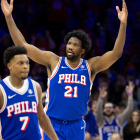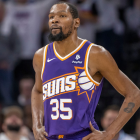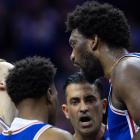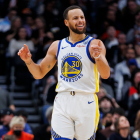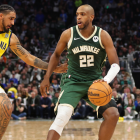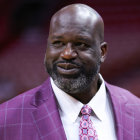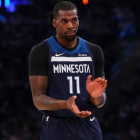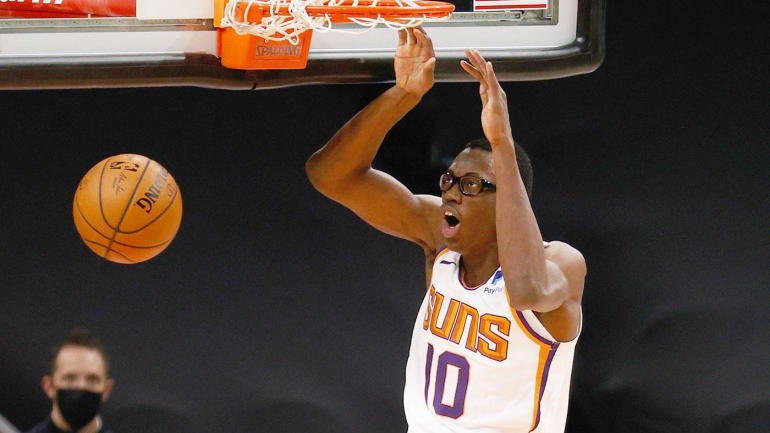
The Phoenix Suns have made a habit of taking unconventional swings in the NBA Draft under general manager James Jones. Sometimes, it works. Cam Johnson was a home run at No. 11 overall in 2019. A year later, though, their surprise choice at No. 10 overall has been considerably less successful. The Suns are declining the third-year rookie option on Jalen Smith, according to The Athletic's Shams Charania. That will make the former top-10 choice an unrestricted free agent after only his second NBA season.
Rookie-scale contracts for first-round picks only have two guaranteed seasons. They then include two team options that must be decided upon early in the preceding season. While teams decline fourth-year options on first-round picks from time to time, a top-10 pick not making it beyond his second season with the team that drafted him is almost unheard of. The Suns, as a team, have played 77 regular-season games since drafting Smith. It has been 348 days since they drafted him, not even a calendar year. To have given up on him so quickly is a rather scathing indictment of his progress as a prospect.

CBS Sports HQ Newsletter
Your Ultimate Guide to Every Day in Sports
We bring sports news that matters to your inbox, to help you stay informed and get a winning edge.
Thanks for signing up!
Keep an eye on your inbox.
Sorry!
There was an error processing your subscription.
In fairness, Smith hasn't contributed at the NBA level. In 29 appearances for the Suns, he has averaged only 2.1 points and 1.5 rebounds per game. His preseason and Summer League were more promising, though, and on a Suns team missing Dario Saric due to the ACL he tore in the Finals, there were likely going to be minutes available at some point this season in the frontcourt. Yet Phoenix still refused to commit to Smith's third-year salary. If by some chance Smith manages to make it into the rotation this season and impresses, this decision could cost Phoenix dearly. When a team declines a rookie option, the most it is allowed to pay that player the following offseason is whatever the amount that option would have paid him. In Smith's case, that would have been roughly $4.7 million.
But those savings seemingly matter to a Suns team that just had a somewhat stingy offseason. Yes, they extended the rookie contracts of Mikal Bridges and Landry Shamet at market value rates, but they refused to give prized center Deandre Ayton the max deal he sought. Whether they will continue to play hardball with the former No. 1 overall pick this offseason or not is unclear. What's not unclear is that re-signing Ayton at anything close to the max would push the Suns deep into the luxury tax for next season. Declining Smith's option offers some preemptive savings against such a possible cap hit. Phoenix last paid the tax during the 2009-10 season, one of the last before the league created the more punitive tax in use today during the 2011 CBA negotiations.
If savings were the goal here, this was a risky way of achieving them. Top draft picks frequently need extra time for seasoning. The Suns are taking a big risk by acting so quickly on a player they've seemingly labeled a bust. Only time will tell if that decision comes back to bite them.














